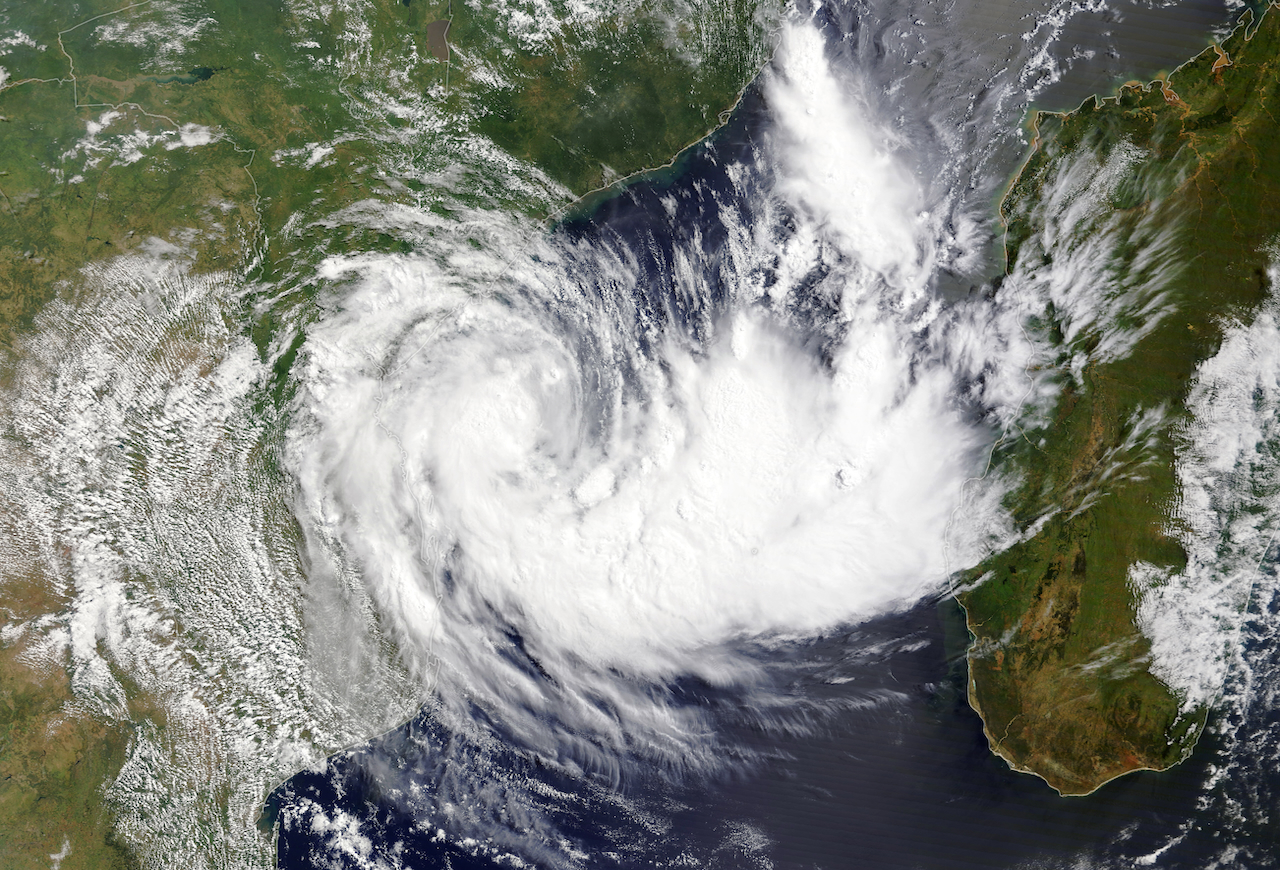The investments from the UK and Nordic region DFIs bring commitments so far to $90m for the fund, which supports the uptake of climate insurance in emerging markets.

British International Investment (BII) and the Nordic Development Fund (NDF) are the the latest investors in the second climate insurance-focused fund managed by BlueOrchard on behalf of the German development finance institution (DFI) KfW.
The InsuResilience Investment Fund Private Equity II, which is targeting a $100m (€93m) close in the second half of 2024, invests in companies deploying technological solutions to make climate insurance more affordable and accessible to vulnerable communities and smallholders in emerging markets. Fewer than 5% of smallholder farmers in Africa have access to formal insurance.
A $15m commitment from BII and a $13.5m commitment from NDF, which has also made a $1m grant to the fund’s technical assistance facility, brings total capital committed to the fund to $90m.
The investment is NDF’s first in a BlueOrchard fund. BII has backed two of the Swiss-based impact investment manager’s other funds – an education finance fund for Africa and a Covid-19 recovery fund for emerging market MSMEs.
The fund was launched in late 2022 as a successor to the predecessor InsuResilience fund, which closed in June 2002, having attracted $80m from public and private investors. Blue Orchard, which is part of the Schroders Group, said that between them, the two funds have invested in 13 companies, reaching over 70 million climate insurance beneficiaries by December 2023.
Underlying investments
Blue Orchard has also just announced the close of a $20m series B funding round it managed for one of the companies in the fund’s portfolio, Pula, an Africa-focused agricultural insurance and technology firm. Investments came from the International Finance Corporation, the Bill & Melinda Gates Foundation and Kenya-based Hesabu Capital, among others.
Other companies in which the fund has invested include Brazilian tech-driven agricultural insurer Newe, Southeast Asian insurance tech company Igloo and Indian finance and insurance firm FinAGG.
Jo Fry, investment director and head of intermediated financial services at BII said its investment in the fund reflected the need for innovative solutions such as climate insurance, given that four out of five businesses in emerging economies had been impacted by the climate emergency, according to the UK DFI’s Emerging Economies Climate Report.
“Climate insurance products should provide essential protection and enhance climate resilience of the most vulnerable and underserved groups of people and businesses,” she said.
The fund originally came out of the G20’s InsuResilience Global Partnership blended finance strategy, launched at the 2017 COP23 climate change meeting in Bonn, with the aim of providing cover for more than 500m vulnerable people in developing countries from climate change impacts.
It makes direct investments in businesses providing climate insurance solutions to underserved communities, with a focus on parametric climate insurance and insurance tech.
Parametric insurance typically involves the use of technological solutions to assess the risk and potential impact of events likely to trigger claims, such as extreme weather. This assessment is then used as the basis for insurers to pay smallholder farmers or other low-income customers without the need for an on-the-ground verification of a claim, thus simplifying and speeding up the claims process.






